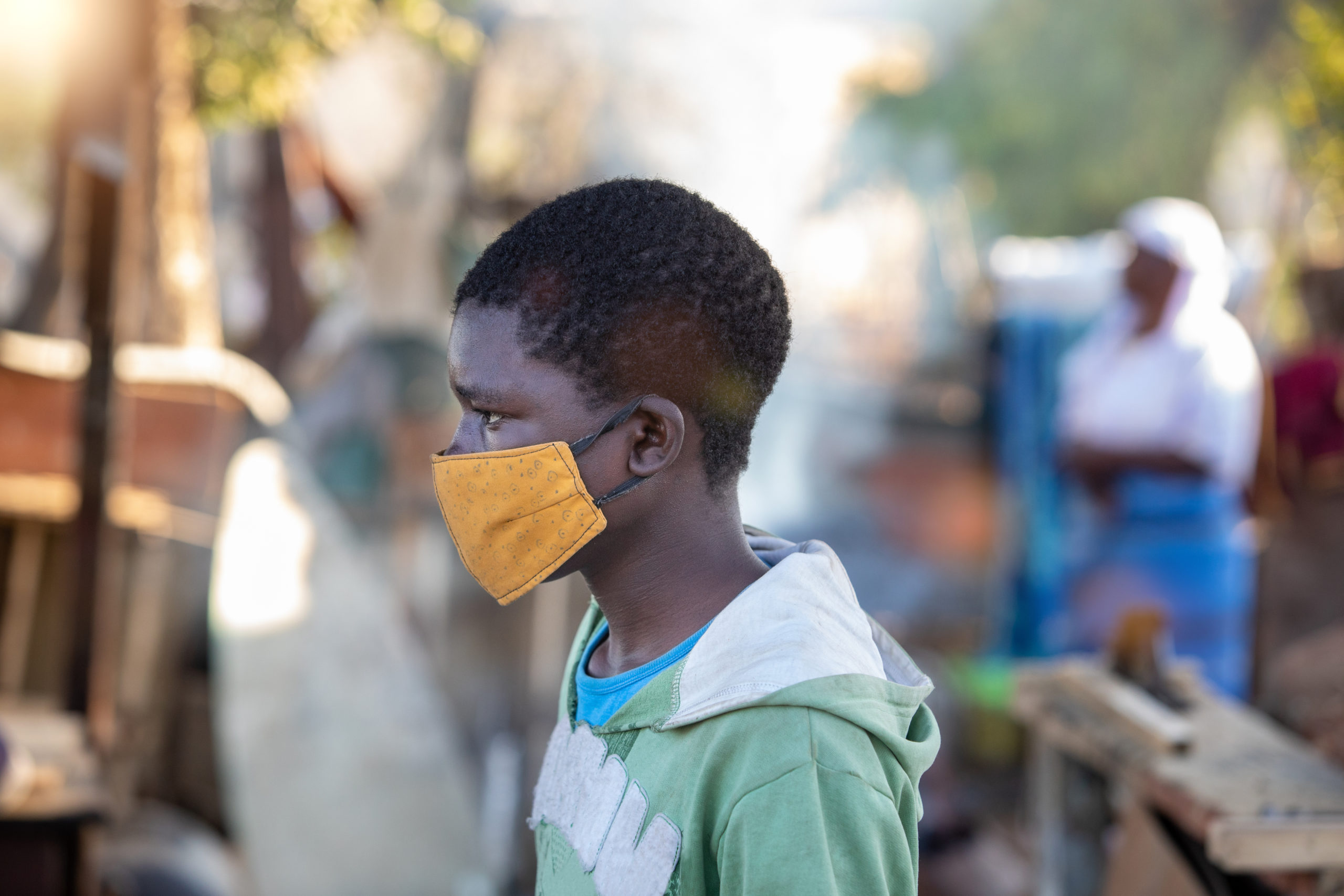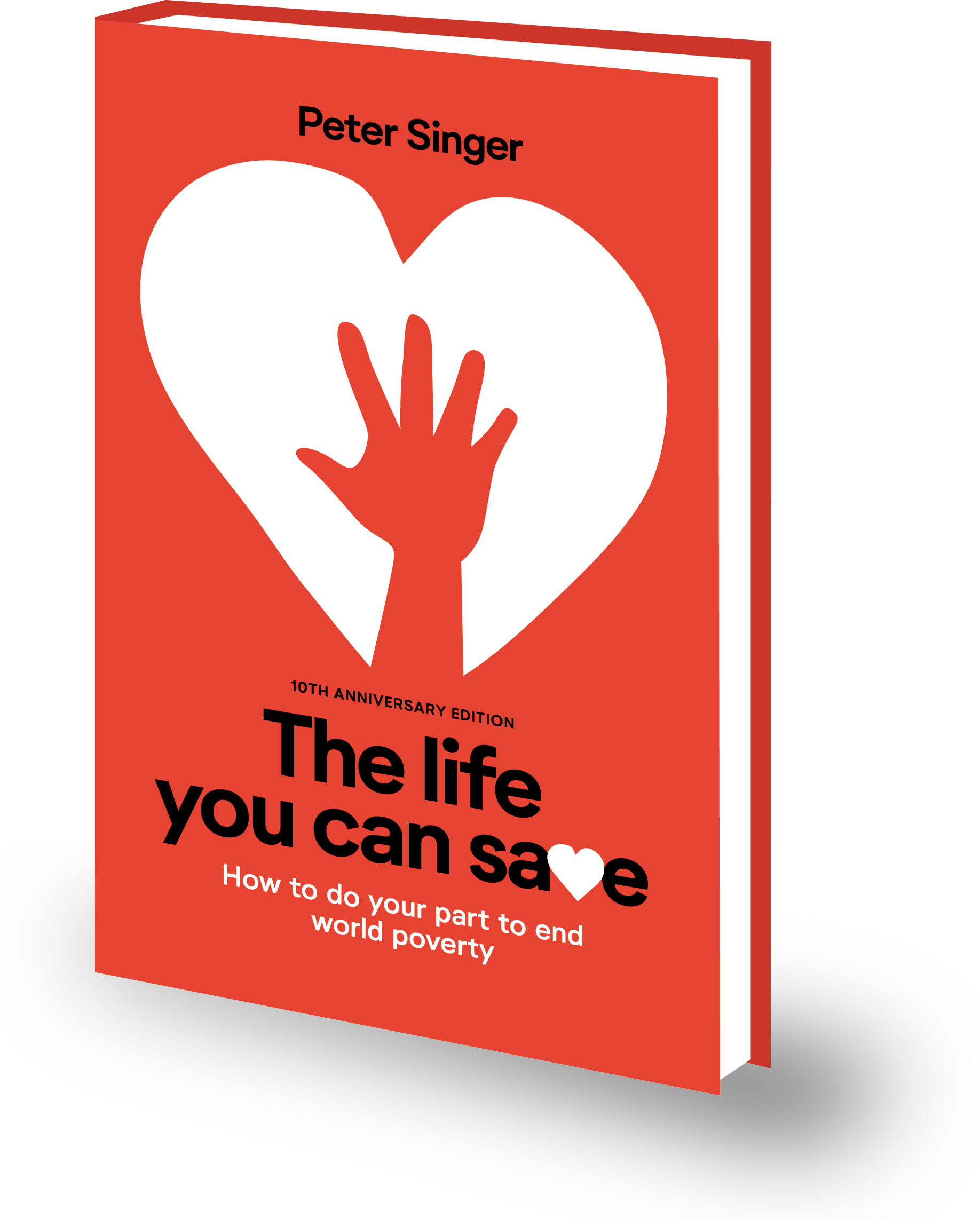This post was originally published by Mr. McCormick as a part of our Effective Giving Bloggers Program. When you sign up for our Effective Giving Bloggers Program, we’ll send you a voluntary writing assignment each month. Write something, post it and tag us. By doing this you’ll help spread the word about effective giving. Learn more about our Effective Giving Bloggers Program and other volunteer opportunities here.
“How has the COVID–19 pandemic influenced your views on our ability to eliminate global extreme poverty? Do you remain optimistic?”
The Institute for Health Metrics and Evaluation estimates that extreme poverty has increased by 7% as a result of Covid-19. Extreme poverty had been decreasing steadily over the past 20 years, though many are unaware of this fact. The end of this 20-year streak of progress is alarming, but what should we do?
WHAT IS EXTREME POVERTY?
“‘Falling below the poverty line’ is a euphemism; what it means is having to scratch and claw every single moment just to keep your family alive.” – 2020 Goalkeepers Report
The extreme poverty line is living on less than US$1.90 a day. That won’t even buy your morning latte. 37 million people fell below this line in 2020. The poverty line for lower-middle-income countries is US$3.20 a day, and 68 million people have fallen below that since the beginning of the pandemic.
When I first heard these statistics, I assumed that poverty had risen as a result of lost jobs during the pandemic — or perhaps because of an overall reduction in donations due to financial concerns. But it’s not that simple.
SO WHY THE INCREASE?
The main priority for many countries has been eradicating COVID-19. All of their resources have gone towards financial assistance and support of health services. People have changed their behavior to limit their own exposure. Business has been drastically affected globally. Casual or “informal” workers have lost work across the world. In poorer countries, such as those in sub-Saharan Africa, more of these workers have been affected, especially women. Many have also been forced to give up work to take up caregiving roles.
Not only has work dried up in places like sub-Saharan Africa, but measures put in place to help with the devastating effects of malaria have been made more difficult. For instance, rural villagers have been asked to travel to a central location to pick up vital mosquito nets but have been unable to travel in an effort to reduce the risk of spread. The amazing progress that has been made over the past 20 years has suddenly been reversed. Global supply chains have been disrupted, which has exacerbated the economic crisis.
Economic crisis not only affects poverty but increases death. During the Ebola crisis from 2014-16, for instance, malaria flourished as a result of healthcare services being prioritized for Ebola. The end result being more people were killed by Malaria than Ebola. We can only assume a similar dynamic with COVID-19.
“‘Mutually exacerbating catastrophes’” is an apt description for the COVID-19 pandemic…First, there was the disease itself. Then, governments moved resources to try to manage it and people stopped seeking health care to avoid being infected: building blocks of a comprehensive health catastrophe.” – 2020 Goalkeepers Report
WHAT CAN WE DO in 2021?
There is still no definite end in sight for this pandemic, but we can still focus on being better people, in the moral sense, on making progress. Typical yearly resolutions revolve around losing weight, lowering alcohol consumption or learning a new skill. We tend to focus on our own well-being when it comes to improvement. Especially in a time such as now, we want to put ourselves and family first. Being a good person requires time and thought. We need to decide on our priorities and consider where we can make the most difference.
I first learned about the Effective Altruism movement during the pandemic and began donating to effective charities committed to addressing extreme global poverty. Despite a reduced income, I noticed I was still living well beyond my basic means and could afford to donate. I’ve spoken about Effective Altruism and the work of Peter Singer before. Singer runs “The Life You Can Save” nonprofit, which I first found out about from William MacAskill on the Sam Harris podcast. Singer encourages us to donate at least 10% of our income to the most effective charities. Visiting both The Life You Can Save and Effective Altruism will give you a very clear, well researched guide to where your money will have the most benefit.
“When you do this, make a note of what you have done, and the progress you have made. You will not be perfect. But take pride in your achievements, and aim to build on them in the months and years to come.” – Peter Singer
DOES THIS MEAN WE SHOULD STOP FOCUSING ON COVID-19?
Not quite. Health systems, economic systems, educational systems and food systems cannot be rebuilt until the very virus that is taking them down is under control. Our primary concern should be doing what we can to reduce the spread, whether that be getting vaccinated, wearing masks, or social distancing.
To learn more, the Life You Can Save Book can be downloaded for free. Peter Singer also teaches a free course on Effective Altruism online which can be found here.
The views and opinions expressed in this blog are those of the author(s) and do not necessarily reflect the position of The Life You Can Save or any other organization. Comments on this website are the sole responsibility of their writers, who take full responsibility for their content. The Life You Can Save is not responsible for and does not verify the accuracy of the information contained in this blog or in the comments. The primary purpose of this blog is to educate and inform and does not constitute professional advice.
Copyright © The Life You Can Save. All rights reserved.



